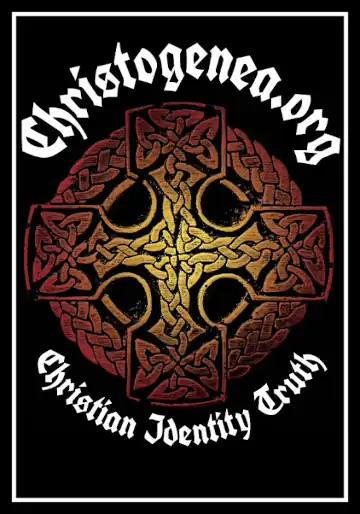In the End, there are only Jews or Nazis

In the End, there are only Jews or Nazis
Sometimes when I do a presentation such as this, I feel as if I am just speaking to the choir, and so do many of our friends and listeners. But that is not entirely true. According to Cloudflare, these past few months Christogenea has been getting in excess of 250,000 visitors each week, with as many as 400,000 page views. This year, the main Christogenea website alone is on track to exceed 3.2 million file downloads, which is up over 10 percent from last year. The Media and Mein Kampf Project websites add another 600,000 to that number, but most of those downloads are videos and not necessarily our own content. From 2017 to 2021, our website traffic has more than tripled. But the point is that we never know who we are reaching, as that is all in the hands of Yahweh our God, but each year we have been able to reach many more people than we have in past years.
Just yesterday, a long-time friend who was also the first contact on a new Twitter account which I opened just about six weeks ago had asked me about a reference I made in a paper I wrote in prison in 2007, or perhaps even earlier, which was titled The Problem With Genesis 6:1-4. He asked about the alternate reading of the Greek text of Genesis 6:2 which I had supplied from Brenton’s Septuagint in a note citing the Codex Alexandrinus. Of course, being in prison that was my only resource for the citation at that time. But my friend did us a favor, because he himself found another publication of the Greek Septuagint from 1887 which contained the variation in Brenton’s note in his text.

 This comment will serve as an addendum to our paper
This comment will serve as an addendum to our paper 








 Please click here for our mailing list sign-up page.
Please click here for our mailing list sign-up page.








Recent comments